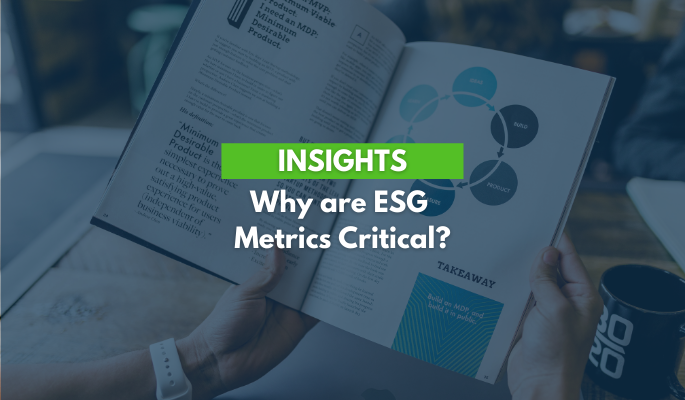
There is a genuine lack of awareness in companies on the benefits of engaging, disclosing, and reporting on ESG strategies. It is only recently that listed companies have recognised that investment can be realised from capital markets through ESG scores.
Moderated by Laudy Lahdo, CEO of C3, the Capital Club Dubai hosted a high-level roundtable under Chatham House Rule, to discuss some significant questions about why ESG metrics are so critical today.
- There is mounting evidence that being a strong ESG-minded company does not come at the expense of performance. ESG will become the norm in a few years and will, in fact, drive value.
- Many exchanges are driving disclosures around ESG, and businesses need to understand that it is no longer about just being a good corporate citizen but also about securing investments.
- Communication is vital and companies must publicly state their ESG targets, to be held accountable as well as to motivate internally.
- A lack of a universal reporting framework is partly the reason why the ESG agenda has not progressed as fast as it could. It was strongly recommended that all countries aim for existing global standards and distinguish between industries.
- The International Labour Organisation reports that the participation of women in the workforce in the GCC is 30% (the global average is 49%). However, the more important statistic is that 60% of graduates in the GCC are women and here is the significant imbalance – half the graduate women do not make it into the workforce.
- The ESCA decision mandating for at least one woman on the board on publicly listed companies is a start. Corporations realise that much more needs to be done regarding gender equity by developing the executive pipeline for women.
- The private sector recommends for more ESG regulations in all sectors to drive change.
- The next generation, as producers, consumers, investors, and decision-makers are going to drive the change. A 2019 survey by Morgan Stanley’s Institute for Sustainable Investing found that 95% of millennials are reinforcing the idea that sustainable investing will be the new normal in the near future.

